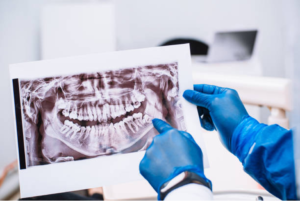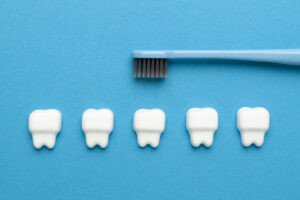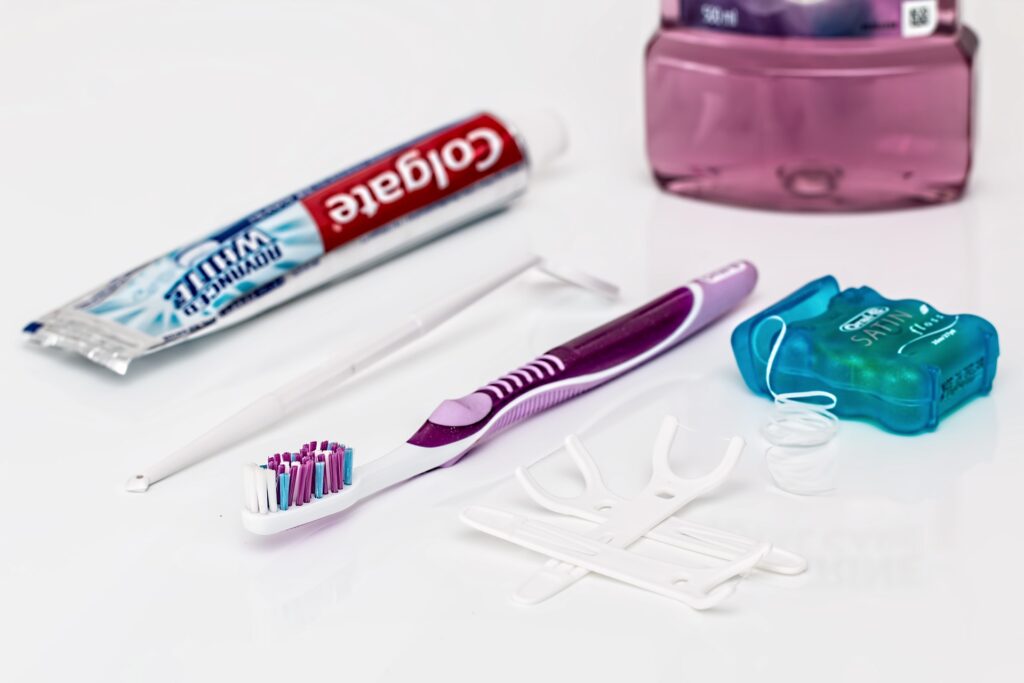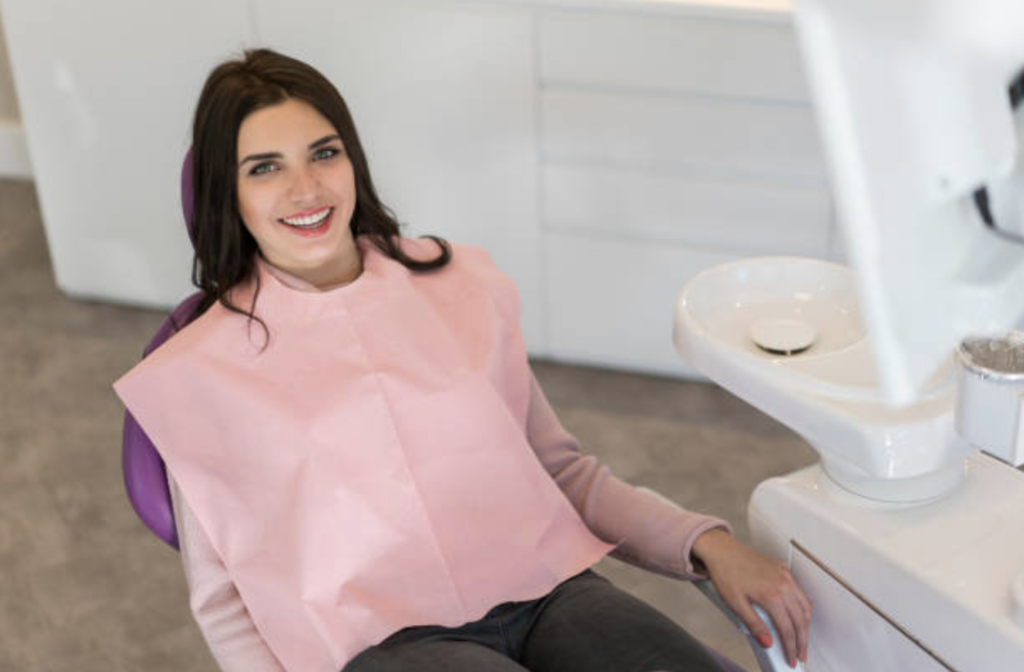
Oral surgery involves several standard procedures. The procedures are performed when other methods of dentistry can not correct a problem with the teeth, jaw, or mouth. Many people are afraid of surgery, but oral surgeons routinely perform these procedures, so they are not to be feared. This article discusses some of the many procedures oral surgeons perform.
Implants: Dental implants effectively replace missing teeth and look and feel like natural teeth. The procedure will not only improve the appearance of your smile, but it will also restore the functionality of your teeth.
Bone grafts: A dental bone graft restores the volume and density of your jaw in areas where the bone has been lost. The material can be sourced from your own body or from a human or animal tissue bank. In some cases, the bone graft material may be synthetic. After a dental bone graft is placed, it provides a space for your own body to heal. Therefore, a dental bone graft is like a scaffold on which your own bone tissue can grow.
Orthognathic surgery: Often called orthognathic surgery, jaw surgery is a procedure that fixes a misaligned upper jaw and/or lower jaw by aligning them. It isn’t a single event. It’s a process that starts with orthodontic treatment, continues with jaw surgery, and is followed by months of recovery before more orthodontic work is needed.
Wisdom tooth extraction: If wisdom teeth become impacted, they should be extracted to prevent pain and infection. Additionally, wisdom teeth may need to be removed to prevent decay due to their difficult-to-reach position. Oral surgery for wisdom tooth extraction involves cutting through the gum tissue over the tooth, removing the connective tissue between it and the bone, removing the wisdom tooth, and sewing the gum back together.
Treatments for TMJ Disorders- Temporomandibular disorders refer to problems with your jaw and the muscles in your face that control it. Pain when chewing, clicking in the jaw, and persistent headaches can all be symptoms of problems with the temporomandibular joint (TMJ). TMJ disorders can be treated with surgery if more conservative treatments, such as mouthguards or oral splints, do not improve your symptoms. For some people, it may be necessary to perform surgery to restore full TMJ function.
Nerve Repair– Accidents, injuries, and previous dental work can damage the nerves in your face and mouth. As a result of this condition, tingling, numbness, and even pain can be experienced. An oral surgeon is specially trained in micro-neurosurgery to treat issues related to nerve damage.
If you are experiencing any dental issues that require the treatment of a specialist, such as an oral surgeon, please contact our Oral Surgeon Plainfield to set up a consultation.
Chicago Dental Implants, Oral & Facial Surgery
Phone: (708) 301-5000
Url: https://chicagodentalimplants.com/
10713 W 159th Street
Orland Park, IL 60467















